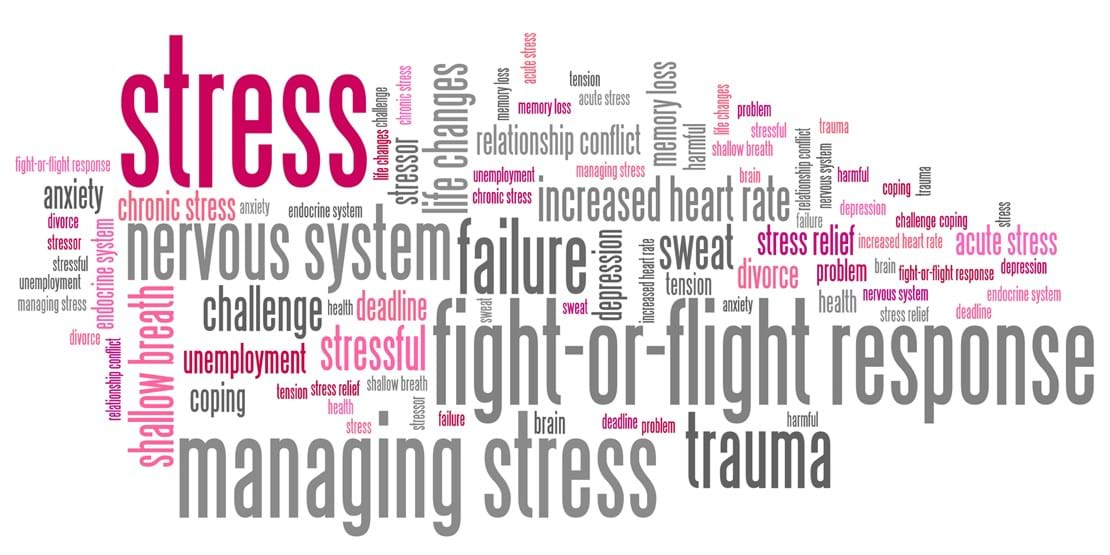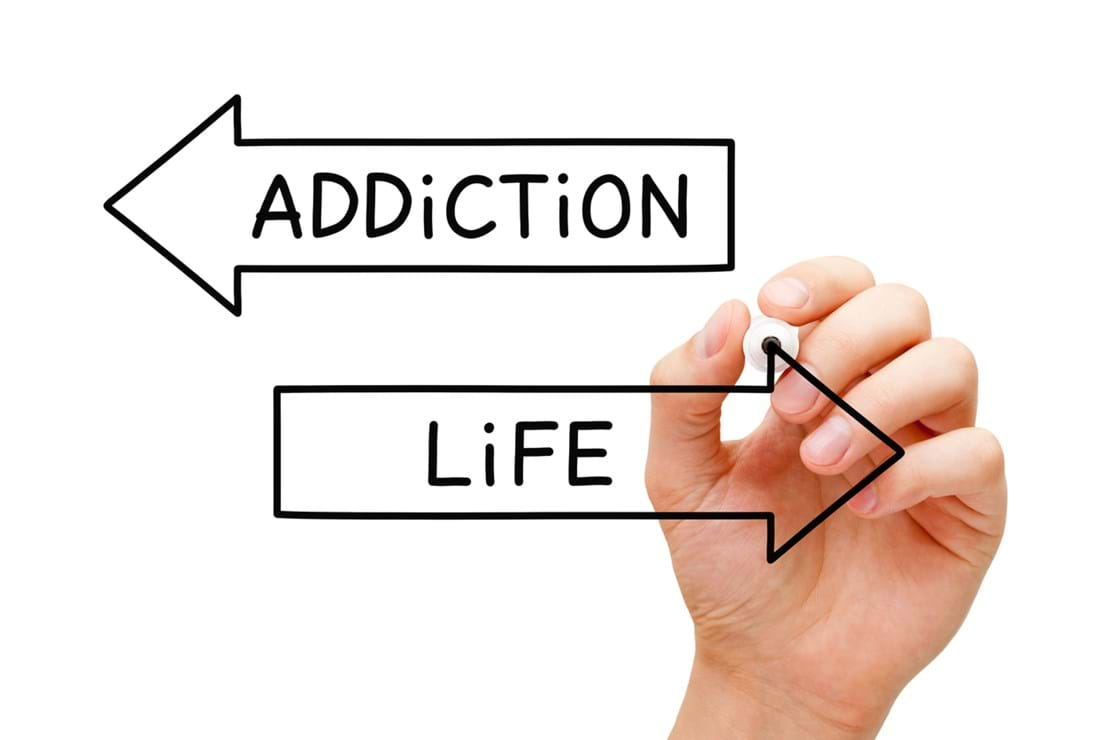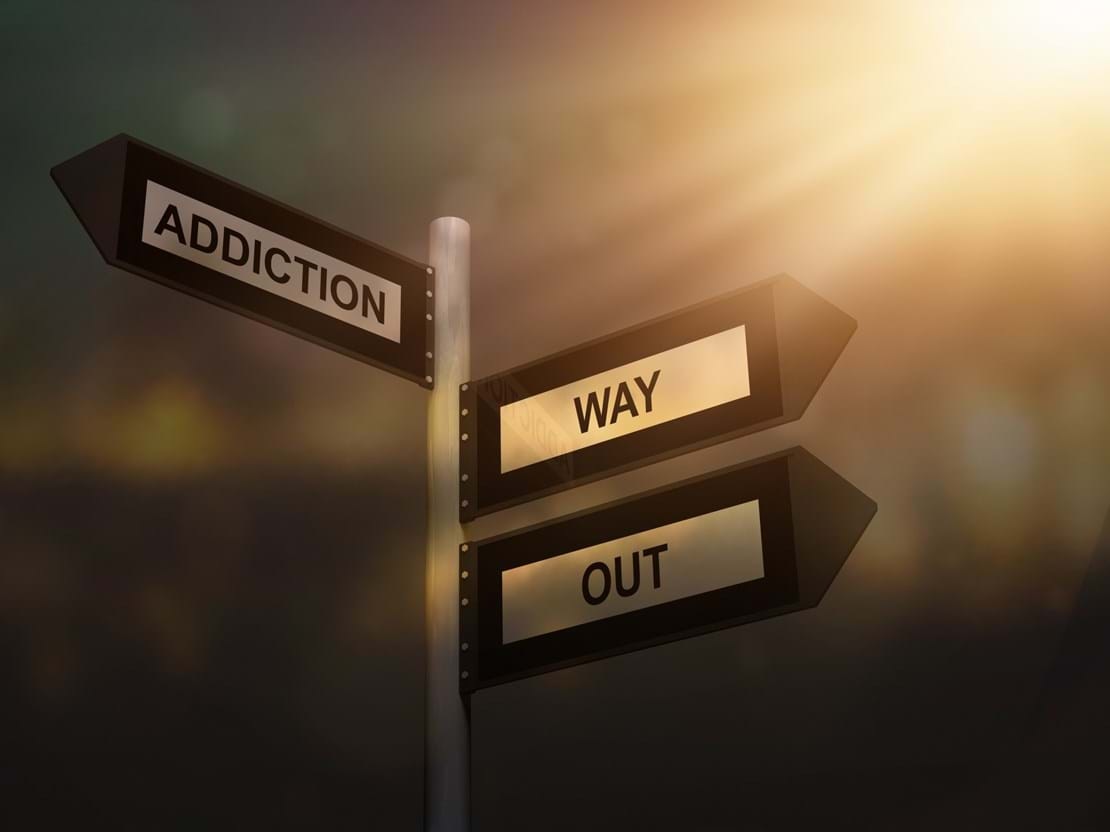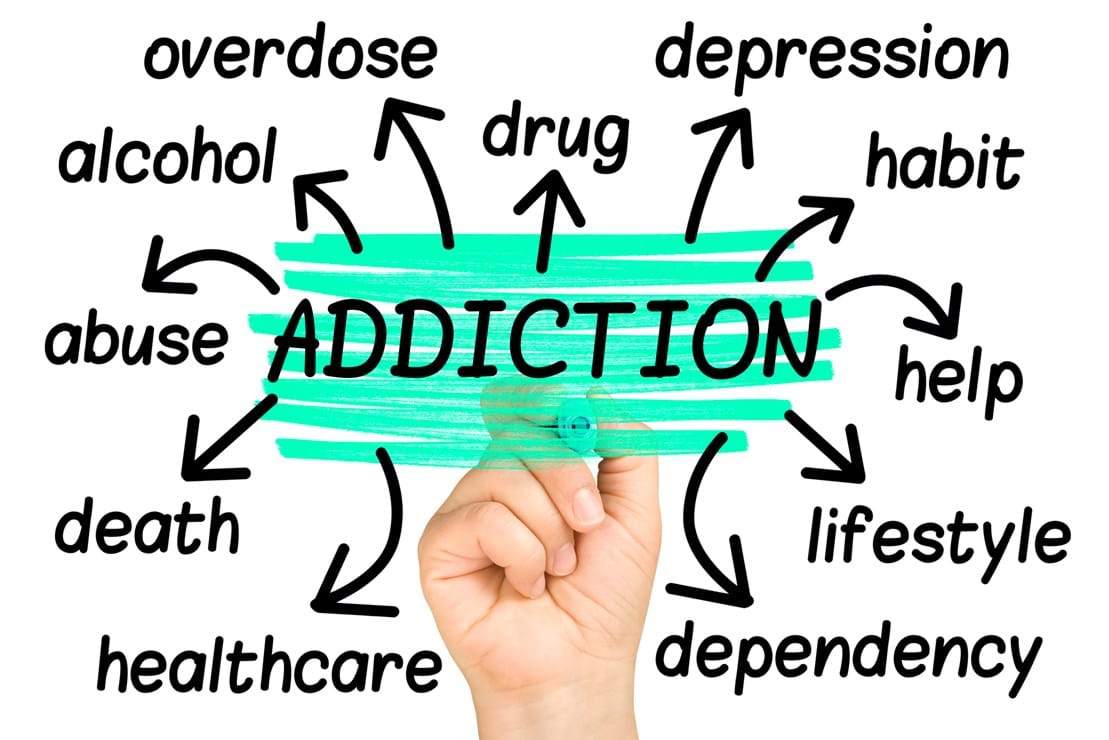Cocaine
Cocaine Abuse and Dependence
Cocaine has been abused for over 100 years in its pure form of cocaine hydrochloride. The Coca plant, which is the source of Cocaine, has been used for even longer, for at least 1000 years. Its popularity is the powerful central nervous system stimulant effects of Cocaine.
There are two primary chemical forms of Cocaine.
1- Hydrochloride salt - is a powdered form that dissolves in water and can be taken intravenously or intra-nasally (through the nose). 2- The freebase - is a non-neutralized form and can be smoked. The white, crystalline form of Cocaine is known on streets as Coke, C, snow, blow, or flake.
Cocaine in the street in illegal forms is often adulterer with non-reactive substances such as cornstarch and talcum or stimulant substances like amphetamines. Cocaine can be smoked, injected, snorted, chewed, or mainlined. None of these methods is safe and can lead to overdoses and toxicity. Crack is a free base form of cocaine that has been processed with ammonia or sodium bicarbonate to remove the hydrochloride compound of cocaine hydrochloride. Crack produces a high in 10 seconds, making it very popular in the mid-1980s.
How Cocaine Affects Your Body
Cocaine blocks the retake of dopamine in nerve terminals, increasing dopamine concentration in areas of the brain responsible for pleasure, such as the nucleus accumbens. These areas are usually stimulated with happiness due to food, water, sex, and drug abuse. Cocaine directly stimulates the nucleus accumbens, producing a feeling of joy and euphoria, making it one of the most addictive drugs. Continued use leads to tolerance, where higher doses are required to achieve the same high level as felt initially or even to feel normal.
Effects Of Cocaine Use
1. Psychological Effects
1. Excitement, increased energy, euphoria, grandiose thinking, impaired judgment, sexual disinhibition.
2. Higher doses lead to visual and auditory hallucinations.
3. Paranoia and aggressive behaviour are also observed. Paranoid psychosis can occur in patients with a predisposition to a psychotic disorder
4. Formication - feeling as if insects are crawling on your body is felt in heavy users.
2. Physical Effects
1. Increased pulse rate, blood pressure, and dilation of pupils.
2. Cardiac arrhythmias, myocardial infarction, myocarditis, myopathies, cerebrovascular accidents, subarachnoid hemorrhage, and seizures.
3. Obstetric complications include miscarriage, placental abruption, and premature labour.
Cocaine Addiction
Some of the effects of cocaine addiction are given below.
Crash Symptoms - experienced when cocaine effects are withdrawn - These symptoms usually resolve in 24 hours • Dysphoria - abnormal depression • Anhedonia - the inability to feel pleasure • Anxiety, irritation, fatigue, and hypersomnolence (increased sleepiness) After prolonged use, the symptoms are more severe: • Intense craving • Depression • Severe suicidal tendencies
Managing Cocaine Abuse
Cocaine addiction is one of the most challenging addictions to treat. Cocaine withdrawal leads to intense cravings that are extremely difficult to resist. Even with successful initial management, relapses and urges to use can occur after months or even years. A multifaceted approach is required to treat cocaine addiction.
1- Cognitive behavioural therapy, motivation, counselling, and psychotherapy.
2- Medical management - acute intoxications require sedation and antipsychotics. Managing co-morbidities such as hypertension and seizures is done pharmacologically.
3- Social support from family and friends is essential to manage addiction.
References
1- Harrison, P. Shorter Oxford textbook of psychiatry (6th ed., pp. 478-479) 2- Www1.nyc.gov. 2020. Cocaine Abuse & Addiction. [online] Available at: <https:// www1.nyc.gov/site/doh/health/health-topics/cocaine-abuse-and-addiction.page> [Accessed 3 October 2020].
Call ASV for a free phone consultation.
or for more information email
jason@addictionsolutionsvictoria.org.au
addictionsolutionsvictoria.org.au
1227-1229 Malvern Road
Malvern, VIC 3144
"ASV programs and services provide affordable, evidence-based drug and alcohol rehab options across Melbourne, Victoria. The core program is delivered in the person's home where they feel safe, and their privacy is protected". - Jase Bowman - ASV Drug Rehabilitation Center, Melbourne & Geelong 2020.
Experienced, qualified industry professionals deliver all ASV programs.
ASV is proud to be associated with the Melbourne Health & Wellness Institute, the Victorian Alcohol and Drug Collective, and the Addiction Recovery is Possible blog platform.
These affiliated sites and networks provide a collaborative network of professionals, individuals and families to share resources and information related to Addiction treatment and drug and alcohol services and support across Melbourne and Geelong, Victoria.
For more information, call Jason on 03 8374 7648
Email jason@addictionsolutionsvictoria.org.au
addictionsolutionsvictoria.org.au - addictionsolutionsgeelong.org.au









